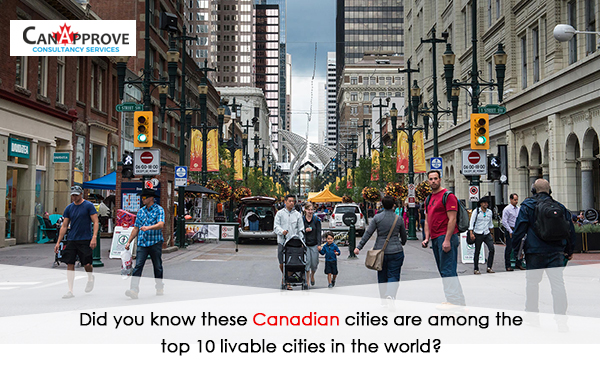The Delhi High Court has upheld the Medical Council of India (MCI)’s decision to provide one-time exemption to those students who have not appeared for or qualified National Eligibility cum Entrance Test (NEET) but want to study Medicine abroad. It means this year, the students who have not appeared for and those who could not pass the NEET can join for Medical courses abroad. As part of the one-time exemption, the Delhi High Court has also asked the MCI to provide eligibility certificates to these students.
Earlier, the MCI had decided to provide one-time exemption to only those students who had not appeared for NEET, while it was not applicable to students who could not qualify NEET. But the Delhi High Court observed that it would be unfair to consider only the students who did not appear for NEET this year and brought those who failed to qualify NEET also under the purview of the decision.
The petitioners had pointed out that MCI issued a public notice that the students who wanted to study Medicine abroad must qualify NEET only on March 8, 2018. This was just one day before the last date for registering for NEET. While many students had to appear for NEET without proper preparation, many came to know about the change in procedure only later. So the Court decided to give one-time exemption to all students. However, next year onwards, NEET will be mandatory to study Medicine abroad for all students.
A change was introduced to Foreign Medical Institution Regulations, 2002 and Screening Test Regulations, 2002 in February this year, that made it mandatory for students who want to study Medicine abroad to qualify NEET. The alteration was aimed to ensure the quality of students who want to study Medicine abroad. After completing their course abroad, the students will have to pass a Screening Test to practise Medicine in India.
Interested in studying Medicine in Ukraine or Georgia? Contact us for more information



